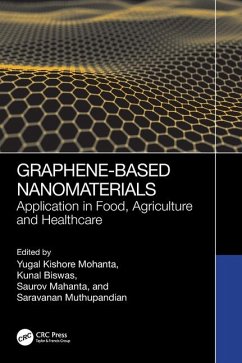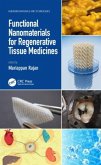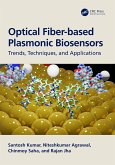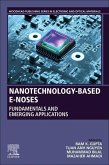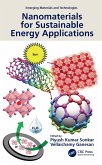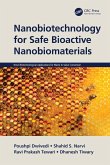The book presents a comprehensive overview of the historical, current, and prospective application realms of nanobiotechnological research pertaining to graphene, a carbon-based nanomaterial, and its diverse forms in the fields of food and agriculture, as well as health sciences and technology. Young nanotechnologists and businesses will have access to nanobioanalytical methods. Given the present circumstances, it is crucial to underscore the potential ramifications that diverse forms of graphene nanomaterials could have on the food sector, agricultural methodologies, and healthcare. This book presents an analysis of the potential advantages of graphene-based nanomaterials over traditional materials in the food, agriculture, and health care sectors.
This book employs case studies, academic and theoretical literature, technology transfer, innovation, economics, and policy management to underscore the intricate issues associated with graphene nanomaterials. The pioneering text Graphene-Based Nanomaterials: Application in Food, Agriculture, and Healthcare has the potential to serve as a valuable resource for interdisciplinary researchers, academics, practitioners, policymakers, and professionals operating within the fields of science, technology, engineering, innovation, management, and economics.
Features
· Discusses the different aspects of graphene as a two-dimensional material and its underlying unique physicochemical properties, synthesis methods, and protocols.
· Considers the implications of graphene in the food sciences and its different spoilage detection mechanisms have been encompassed in the book.
· Explores graphene nanomaterials' medical and biomedical uses. With examples, the unique and tailor-made material's uses and prospects in health sciences, pharmaceutics, and biomedical research are highlighted.
· Elaborates on graphene's applications in agriculture and briefs thepotential of biocompatible planar conductive nanoscale materials to boost agri-product production, crop development, and crop-infection surveillance.
This book employs case studies, academic and theoretical literature, technology transfer, innovation, economics, and policy management to underscore the intricate issues associated with graphene nanomaterials. The pioneering text Graphene-Based Nanomaterials: Application in Food, Agriculture, and Healthcare has the potential to serve as a valuable resource for interdisciplinary researchers, academics, practitioners, policymakers, and professionals operating within the fields of science, technology, engineering, innovation, management, and economics.
Features
· Discusses the different aspects of graphene as a two-dimensional material and its underlying unique physicochemical properties, synthesis methods, and protocols.
· Considers the implications of graphene in the food sciences and its different spoilage detection mechanisms have been encompassed in the book.
· Explores graphene nanomaterials' medical and biomedical uses. With examples, the unique and tailor-made material's uses and prospects in health sciences, pharmaceutics, and biomedical research are highlighted.
· Elaborates on graphene's applications in agriculture and briefs thepotential of biocompatible planar conductive nanoscale materials to boost agri-product production, crop development, and crop-infection surveillance.

